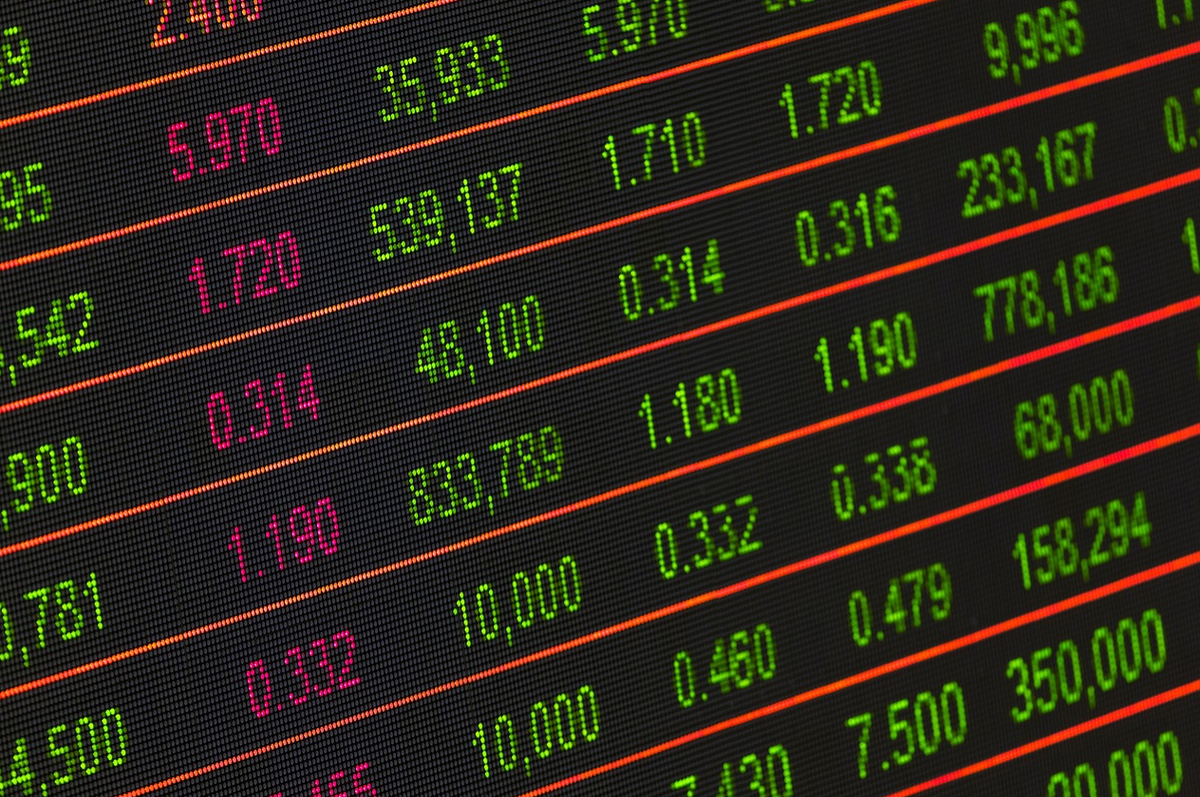Trump Defends Tariffs Amid Market Volatility: A Deepening Trade Conflict

On Sunday, April 6, 2025, President Donald Trump doubled down on his sweeping tariff strategy during remarks aboard Air Force One, describing the import taxes as "medicine" necessary to fix global trade imbalances. Despite mounting concerns over a potential global recession, sharp declines in financial markets, and growing criticism from economists and political leaders, Trump defended his approach as essential for revitalizing the U.S. economy and forcing foreign nations to negotiate fairer trade terms.
The president’s comments come as global markets continue to reel from the economic shockwaves of his tariff announcement last week. U.S. stock futures plunged overnight, with the S&P 500 and Nasdaq futures dropping 2.5% and 3.1%, respectively. Critics warn that prolonged market instability could erode consumer confidence, disrupt international trade relationships, and exacerbate inflationary pressures.
Trump’s Justification for Tariffs
"Medicine" for Economic Recovery
Speaking to reporters aboard Air Force One after a weekend spent golfing in Florida, Trump likened the tariffs to "medicine" that is sometimes necessary to remedy a situation.
“I don’t desire for anything to decrease,” Trump said, referring to the market turmoil. “However, at times, one must take medicine to fix something.”
Trump framed the tariffs as a long-overdue correction to decades of what he described as “unfair” trade practices by foreign nations. He claimed that the measures would bring jobs and investments back to the United States, ultimately making the country "more prosperous than ever before."
Forcing Negotiations
Trump emphasized that foreign governments would need to pay “substantial amounts” to lift the tariffs, describing them as leverage to secure better trade deals. He asserted that several countries had already reached out to begin negotiations but insisted that no discussions would take place unless they agreed to significant concessions.
“They are coming to negotiate. They wish to converse, but there will be no dialogue unless they compensate us handsomely on an annual basis,” Trump declared.
Market Reaction
U.S. Stock Futures Plunge
U.S. stock futures continued their downward trajectory overnight:
- S&P 500 Futures: Fell by 2.5%, signaling further losses following last week’s steep declines.
- Nasdaq Futures: Dropped 3.1%, pushing the tech-heavy index deeper into bear market territory.
- Dow Jones Industrial Average Futures: Declined by over 800 points, or 2.7%.
The sell-off reflects investor anxiety over escalating trade tensions and their potential impact on corporate earnings and economic growth.
Global Markets in Turmoil
The ripple effects of Trump’s tariffs have been felt across global markets:
- Asian Markets: Japan’s Nikkei 225 plummeted by 7%, while Hong Kong’s Hang Seng Index recorded an 11% drop—its largest single-day loss in over a decade.
- European Markets: Germany’s DAX fell by 10%, leading declines across Europe as investors braced for retaliatory measures from affected countries.
Safe-haven assets such as gold and U.S. Treasury bonds saw increased demand amid the market volatility:
- Gold prices surged above $3,200 per ounce.
- The yield on the benchmark 10-year Treasury note fell below 4%, its lowest level in two years.
Economic Concerns
Inflationary Pressures
Economists warn that Trump’s tariffs could exacerbate inflation by raising import costs for businesses and consumers:
- Core inflation is projected to rise from its current level of 2.8% to as high as 4% by year-end.
- Everyday items such as electronics, clothing, and groceries are expected to see significant price increases due to higher import costs.
Federal Reserve Chair Jerome Powell cautioned last week that prolonged inflationary pressures could complicate monetary policy decisions:
“Our responsibility is to ensure that a one-off surge in price levels does not evolve into a persistent inflation issue,” Powell stated.
Consumer Costs
The Yale Budget Lab estimates that households could face additional expenses ranging from $2,700 to $3,400 annually due to increased prices on imported goods. Low-income families are likely to be disproportionately affected:
- Products like smartphones, laptops, and televisions—many of which rely on imports from China—are expected to see sharp price hikes.
- Grocery items such as coffee, bananas, and avocados will also become more expensive.
Business Uncertainty
Many U.S. companies reliant on global supply chains are reassessing their investment plans amid heightened uncertainty:
- Manufacturers may delay hiring or reduce production due to increased costs for imported materials.
- Retailers reliant on imported goods are bracing for reduced profit margins.
Criticism of Trump’s Tariff Strategy
Economic Experts Warn of Recession Risks
Economists have expressed alarm over the potential consequences of Trump’s aggressive tariff measures:
- JPMorgan revised its U.S. GDP growth forecast for 2025 from 1.3% to -0.3%, citing the impact of tariffs on business investment and consumer spending.
- The unemployment rate is expected to rise from its current level of 4.2% to 5.3% by year-end if trade tensions escalate further.
Billionaire investor Bill Ackman warned of an impending "economic nuclear winter" unless Trump pauses his tariff implementation:
“Trump is losing the trust of business leaders,” Ackman said during an interview with CNBC.
Political Opposition
Democrats have seized on the market turmoil as evidence of mismanagement under Trump’s administration:
- Senate Majority Leader Chuck Schumer (D-NY) called the tariffs “reckless” and accused Trump of prioritizing political posturing over economic stability.
- House Minority Leader Hakeem Jeffries (D-NY) warned that prolonged market instability could erode consumer confidence and harm middle-class families.
Even some Republicans have voiced concerns about the economic fallout:
- Senator Rand Paul (R-KY) criticized the tariffs as “a tax on American consumers” and warned that they could alienate voters ahead of the 2026 midterms.
Global Reactions
Retaliatory Measures
Several countries have already announced retaliatory actions in response to Trump’s tariffs:
- China imposed a matching 34% tariff on all U.S. imports and restricted exports of rare earth elements critical for high-tech industries.
- The European Union is considering countermeasures targeting U.S. exports such as bourbon whiskey and motorcycles.
- Canada has pledged retaliatory tariffs but has yet to specify details.
These actions risk further disrupting global supply chains and exacerbating economic uncertainty worldwide.
Looking Ahead
As tensions escalate between the United States and its trading partners, several key developments bear watching:
- Will other nations join China in retaliating against Trump’s tariffs?
- How will businesses adapt to higher costs and supply chain disruptions?
- Can global markets stabilize amid growing uncertainty?
Trump has indicated that he remains open to negotiations but insists that foreign nations must make significant concessions before any discussions can take place.
Conclusion
President Donald Trump’s defense of his sweeping tariff strategy underscores his commitment to reshaping global trade relationships in favor of American interests. While he frames the tariffs as necessary “medicine” for fixing longstanding imbalances, critics warn that they risk triggering a global recession, undermining consumer confidence, and exacerbating inflationary pressures.
As businesses and households brace for higher costs stemming from these aggressive measures, their ultimate impact remains uncertain—but undeniably significant for both domestic and global economies.




